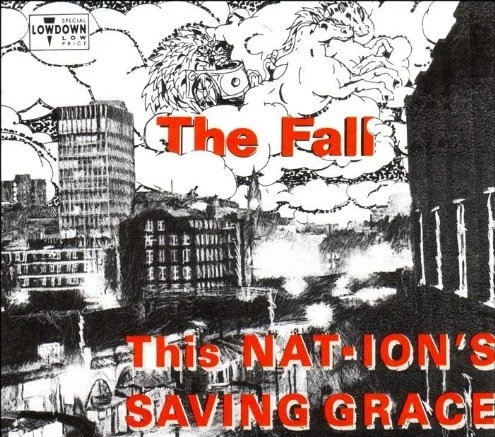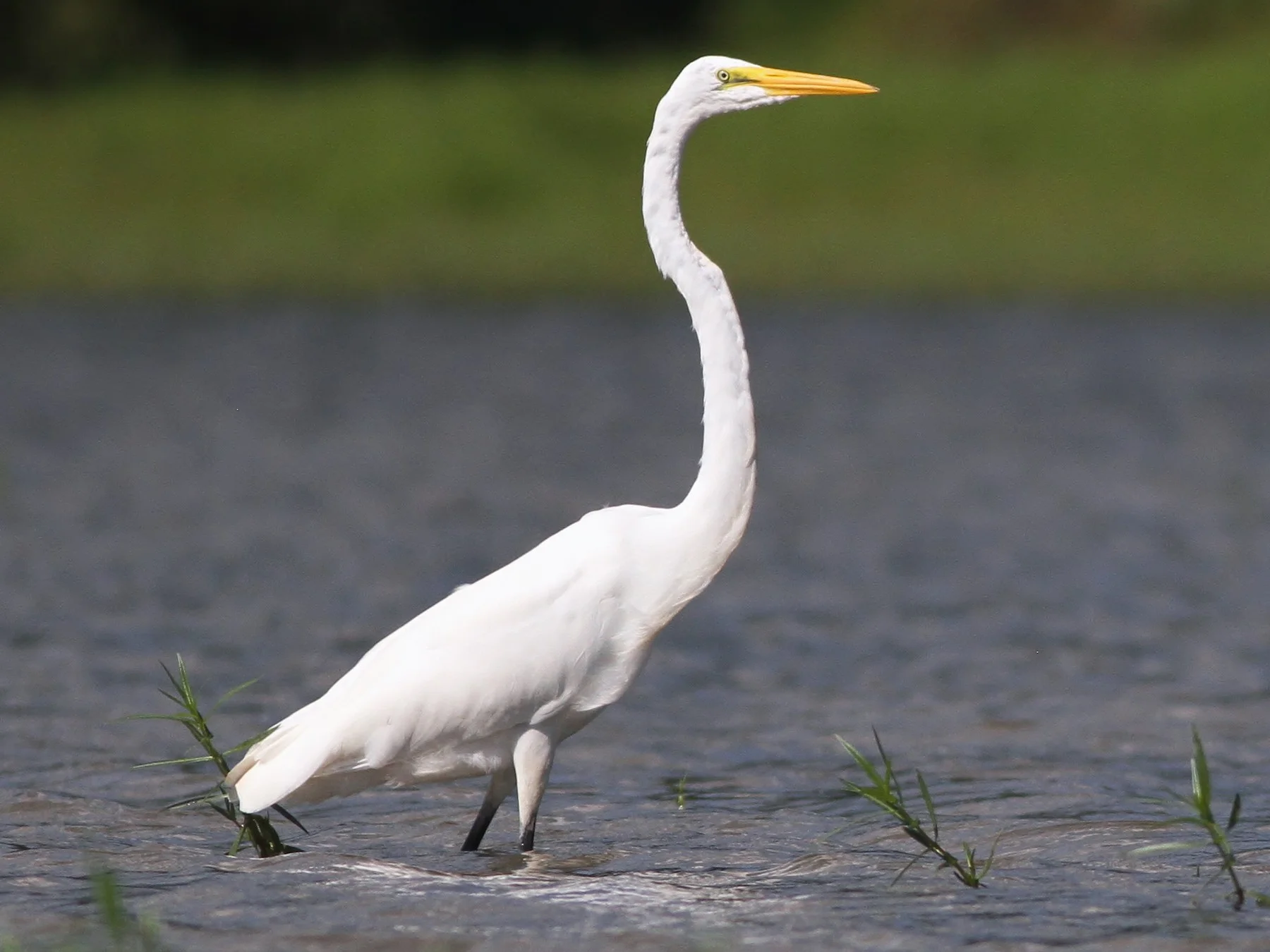Word of the week: This ancient symbolic word is not really one to sing, but points down many cultural roads through history, as well as unearthing a variety of lesser known music
Read moreWord of the week: quincunx
From The Quincunx, the 1989 novel by Charles Palliser




















